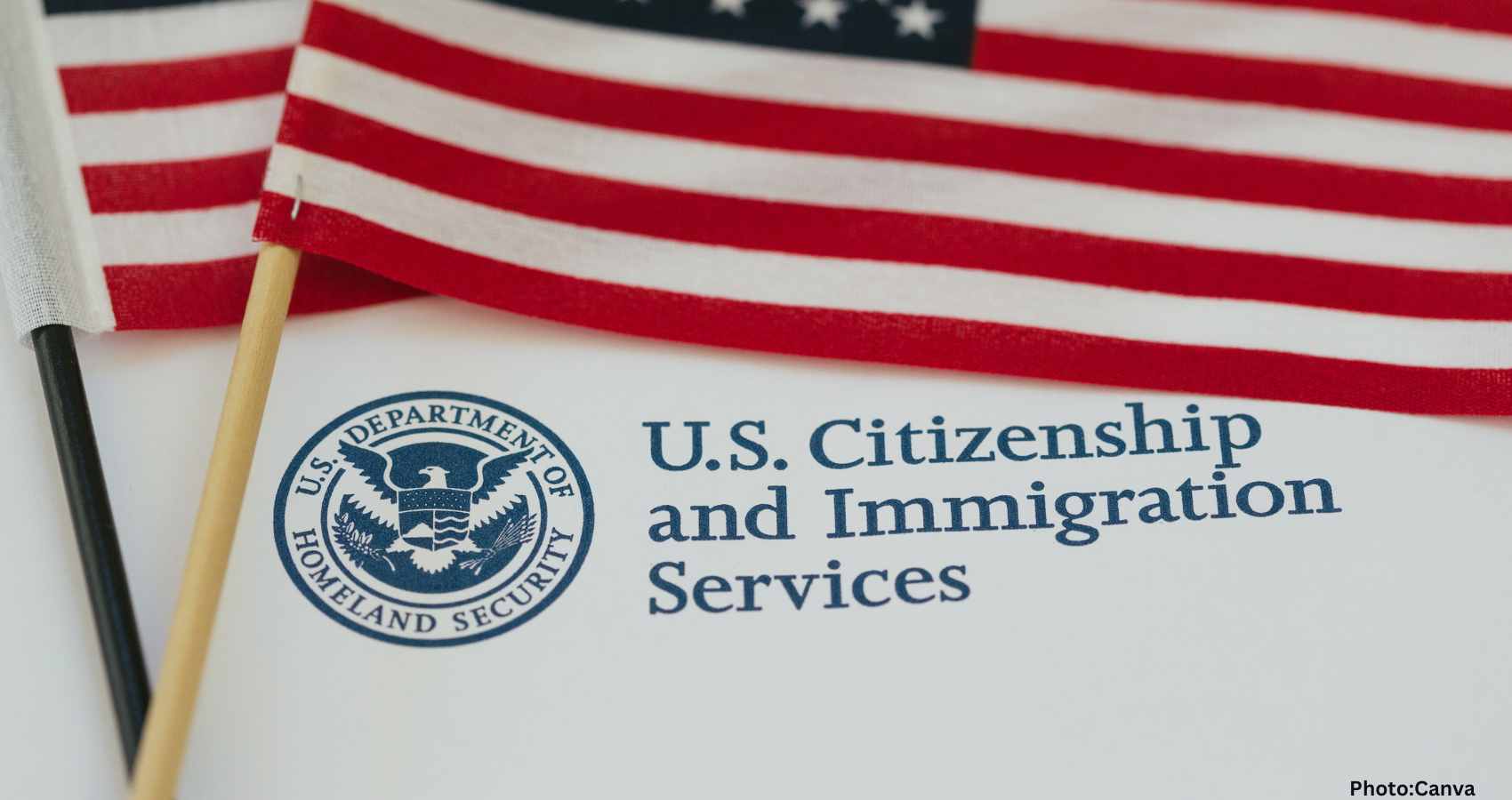The U.S. Department of Justice, under the Trump administration, is looking to expand its denaturalization efforts, placing millions of naturalized citizens at potential risk of losing their citizenship.
The Justice Department (DOJ) has traditionally employed denaturalization powers to revoke citizenship from those who falsely obtained it or hid significant parts of their past, such as former Nazis. However, a recent memo indicates a potential broadening of this scope under the current Trump administration, raising concerns among legal experts.
According to the memo, attorneys are now instructed to focus their efforts on denaturalizing individuals who may pose a “potential danger to national security.” This marks a shift that aligns with the administration’s stringent immigration policies and could affect a significant number of naturalized citizens by risking their deportation.
The efforts prioritize individuals who have committed violent crimes or are associated with gangs, drug cartels, or have engaged in fraudulent activities. The memo, issued by the head of the DOJ’s Civil Division, outlines these priorities.
Experts and officials are voicing concerns that the broader initiative may instill fear among legal immigrants, especially those critical of the Trump administration. Cassandra Burke Robertson, a law professor at Case Western Reserve University, expressed concern about this potential politicization of citizenship, stating, “The politicization of citizenship rights is something that really worries me, I think it’s just flatly inconsistent with our democratic system.”
This current effort harkens back to a McCarthy-era statute initially used to identify Communists. Over the years, it has primarily targeted war criminals, marked by the establishment of a DOJ unit in 1979 which focused on deporting individuals affiliated with the Nazis.
More historic efforts included Operation Janus under the Obama administration, focusing on identity theft in obtaining citizenship. Trump had previously attempted to extend denaturalization by establishing a specialized office at the DOJ in 2020, which was later dismantled by the Biden administration.
On returning to power, Trump has aimed to remodel immigration enforcement broadly, enlisting agencies like the FBI and U.S. Marshals in deportation efforts and scrutinizing foreign student visas. The new directive does not revive the prior office; instead, it prompts the entire Civil Division to prioritize denaturalization “in all cases permitted by law,” as per the memo. This guidance suggests that U.S. attorneys across the nation should highlight cases potentially suitable for denaturalization proceedings.
During Trump’s first term, 102 denaturalization cases were filed, compared to the 24 cases filed under Biden, stated Chad Gilmartin, a DOJ spokesperson. In Trump’s second term, five cases have been filed in its initial five months.
The DOJ clarified, “Denaturalization proceedings will only be pursued as permitted by law and supported by evidence against individuals who illegally procured or misrepresented facts in the naturalization process.” However, several current and former DOJ officials expressed concern that the memo’s broad directives could be used to expel individuals based on vague allegations.
Robertson noted that the administration might seek out historical errors in the naturalization process of political opponents, including student activists. Irina Manta, a law professor at Hofstra University, suggested the policy change could stifle free speech due to fear among citizens, stating, “I regularly observe the fear firsthand.”
Adding to this concern, Trump has suggested deporting certain American citizens, although his seriousness remains ambiguous. He has implied that the administration should potentially examine removing individuals, like criticizing businessman Elon Musk, following a disagreement over policy.
In a formal step reflecting this stance, Congressman Andy Ogles recently requested Attorney General Pam Bondi to investigate whether Zohran Mamdani, a New York City mayoral candidate and naturalized citizen from Uganda, should be considered for denaturalization due to his political expressions in support of contentious figures.
The broader implications of these potential policy shifts remain provocative, with significant apprehension among legal professionals and immigrants distressed over what may follow, according to CNN.
Source: Original article

